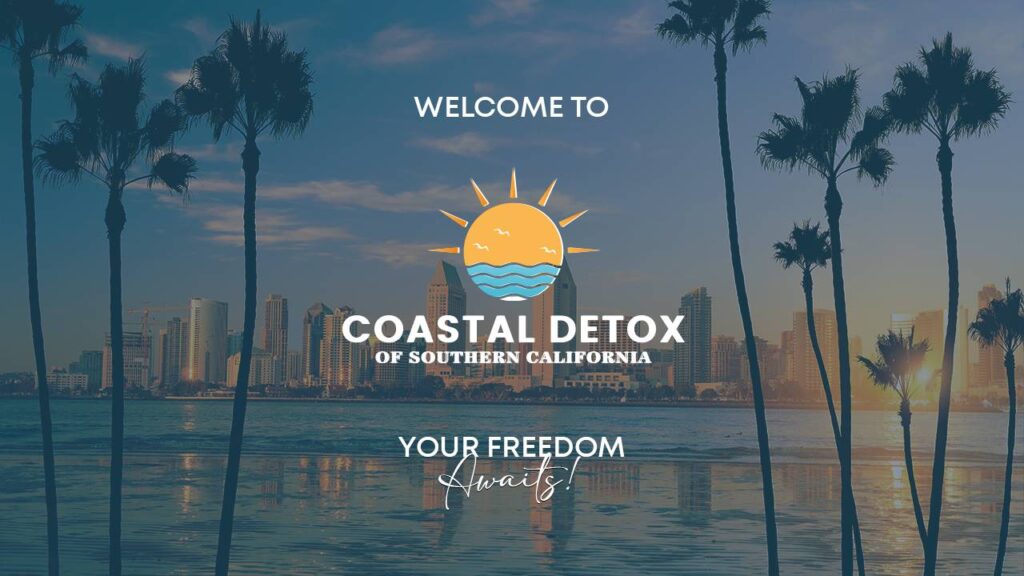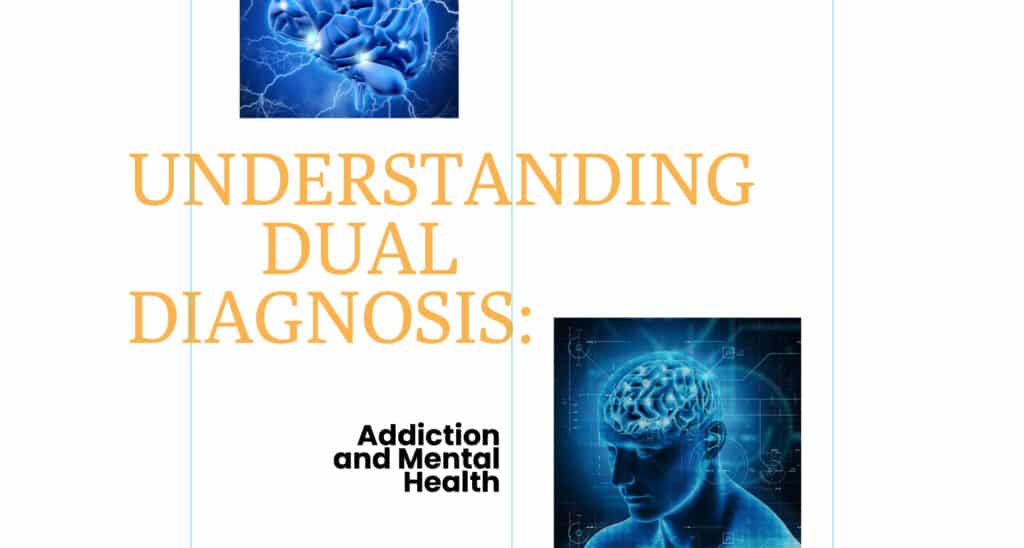What is Dual Diagnosis?
Dual diagnosis, also known as co-occurring disorders, refers to the condition where an individual simultaneously experiences a mental health disorder and a substance use disorder. This interplay between mental health issues and addiction creates a complex and challenging situation for diagnosis and treatment. Understanding dual diagnosis is crucial, particularly in areas like San Diego, where the prevalence of these conditions has seen a notable rise.
The Prevalence and Importance in San Diego
San Diego has witnessed a significant increase in cases of dual diagnosis. The unique social and environmental factors in the region, such as high-stress urban living and the availability of various substances, contribute to this rise. Addressing dual diagnosis effectively in San Diego requires a comprehensive approach that integrates mental health and addiction services.
Common Mental Health Disorders Linked with Addiction
Several mental health conditions commonly co-occur with substance use disorders, including:
- Depression: Individuals may use substances like alcohol or drugs to self-medicate, which can worsen depressive symptoms over time.
- Anxiety Disorders: Substances are often used to cope with anxiety, but this can lead to dependency and exacerbate anxiety in the long run.
- Bipolar Disorder: The severe mood swings associated with bipolar disorder can lead individuals to use substances as a form of self-regulation.
- Post-Traumatic Stress Disorder (PTSD): Those with PTSD might turn to substances to numb the emotional pain, leading to addiction.
- Attention-Deficit Hyperactivity Disorder (ADHD): Stimulant medications prescribed for ADHD can be misused, leading to substance abuse.
Causes of Dual Diagnosis
Shared Risk Factors
Both mental health disorders and substance use disorders share several risk factors, including:
- Genetics: A family history of either condition can increase the risk of developing both.
- Environmental Factors: Trauma, stress, and exposure to substances from a young age can contribute to the development of both disorders.
Self-Medication Hypothesis
Individuals with mental health conditions might use substances to alleviate their symptoms. For instance, someone with social anxiety might drink alcohol to feel more comfortable in social situations. While this may provide temporary relief, it often leads to dependency and worsens the mental health condition.
Substance-Induced Mental Health Conditions
Substance abuse can lead to the development of mental health disorders. Long-term use of substances like alcohol, cocaine, and opioids can alter brain chemistry, leading to conditions such as depression and anxiety.
Diagnosis of Dual Diagnosis
Diagnosing dual diagnosis can be challenging because the symptoms of mental health disorders and substance use disorders often overlap. Healthcare providers typically use comprehensive screening tools to evaluate the presence of both conditions. Honest communication about symptoms and substance use history is crucial for an accurate diagnosis.
Treatment for Dual Diagnosis
Effective treatment for dual diagnosis involves an integrated approach that addresses both conditions simultaneously. Here are some common treatment options:
Detoxification
Detox is often the first step, where the individual stops using the addictive substance under medical supervision. This process can help manage withdrawal symptoms and prepare the individual for further treatment.
Psychotherapy
Various forms of therapy are effective in treating dual diagnosis, including:
- Cognitive Behavioral Therapy (CBT): Helps individuals change unhealthy thought patterns that contribute to substance use.
- Dialectical Behavioral Therapy (DBT): Reduces self-harm behaviors, including substance abuse.
Medication
Medications can help manage withdrawal symptoms and treat mental health conditions. For example, medications like bupropion are used for both depression and nicotine dependence.
Inpatient Rehabilitation
Inpatient rehab centers provide continuous care and support, combining medical and mental health treatments to address both disorders.
Support Groups
Support groups offer emotional and social support, which is essential for maintaining sobriety and mental health. Sharing experiences with peers can provide encouragement and practical advice.
Coping Strategies for Individuals with Dual Diagnosis
Developing effective coping strategies is crucial for managing dual diagnosis. Here are some tips:
- Healthy Lifestyle: Regular exercise, a balanced diet, and adequate sleep can improve overall well-being.
- Stress Management: Techniques such as mindfulness, meditation, and yoga can help reduce stress.
- Support System: Building a strong support network of family, friends, and support groups can provide essential emotional support.
Conclusion
Understanding dual diagnosis is vital for providing effective treatment and support to individuals struggling with both mental health disorders and substance use disorders. In San Diego, where the prevalence of dual diagnosis is rising, integrated treatment approaches that address both conditions simultaneously are essential. By recognizing the complexity of dual diagnosis and utilizing comprehensive treatment strategies, we can improve outcomes and enhance the quality of life for those affected.
For further information and support, consider reaching out to local organizations like the National Alliance on Mental Illness (NAMI) and Addiction Center. These organizations provide valuable resources and support for individuals and families dealing with dual diagnosis.









